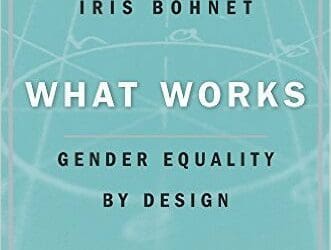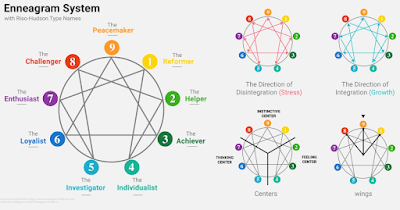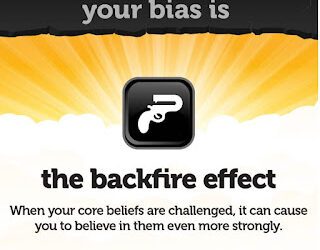
I’m currently reading the new edition of Tactics, which is a must-read if you want to learn how to have better conversations with unbelievers. The books Relational Apologetics and Influence: Science and Practice (non-Christian book) are also great for evangelism and apologetics. These books are wonderful, but it takes a lot of studying to remember all the different methods and a lot of practice to be able to use them effectively.
What if there was a very simple method you could use in every situation that will help your conversations be more fruitful, lead to future opportunities, prevent misunderstandings, and take the pressure off yourself? Obviously, if there was such a method, we’d all do it, at least if we knew about it, which is why I’m telling you about it!
Clinical psychologists, and all others who do counseling, are trained in methods that help facilitate conversations. They’re able to create an environment that helps people feel a greater sense of trust and connection with the counselor so they will be more willing to talk about personal topics and will be more open to receiving advice from the counselor. This is exactly the type of situation we want to create in apologetic dialogues so we should learn from their methods.
Even though it’s extremely important to learn all the knowledge you can for apologetics, applying this technique is even more crucial because the answers can be found later and, more importantly, people aren’t looking just for answers. This is abundantly clear from psychology. People want answers, but they also want connection. They want to express their views to another person, be understood, and feel respected (That’s also great relationship, parenting, and leadership advice. You can pay any time 😉). To do this, you don’t need to have answers. You just need to listen and seek understanding.
Secret #1
The technique I am referring to, which is used extensively by psychologists, is paraphrasing. When using this method, you don’t need any knowledge about anything related to apologetics. Answers are good, and we should have them, but the point is that we don’t need them to have effective conversations with people. All you need to do is to listen carefully to the other person and repeat back to them what they said in your own words.
By paraphrasing or summarizing what the other person says, you’re ensuring that you’ve properly understood their point of view, which will prevent both sides from getting frustrated at how “dumb” the other person is. When you do this, you will build trust with the other person so they’ll be more likely to listen to you when you do give a response and more likely to have future conversations with you. As a bonus, it will also buy you more time to think of a response so you won’t have to tune them out as you formulate a response in your head.
This method is arguably more important in online conversations, even though it will drastically slow things down. When we can’t hear a person’s tone of voice or see facial expressions and body language, online conversations can very easily become uncharitable and degenerate into a cesspool of linguistic muck. Paraphrasing solves this issue most of the time, but it’s hard, and sometimes too effective. Isn’t that a nice problem to have?
The reason it’s hard is that it requires a lot of restraint to refrain from giving a response to an objection you’ve practiced a hundred times in your head. It’s very tempting and I don’t even do it as often as I should. It’s easy to think we understand and then respond, only to see the conversation take what seems like a sharp turn off a cliff.
The other “issue” is that paraphrasing is sometimes so effective that people will often overshare very personal details about their life or beliefs with you, leading to some potentially awkward moments. When this happens, you have to use the apologist’s super-secret weapon (it’s a separate article for clarity and to limit the length here) so you don’t damage the relationship.
Conclusion
Once you understand, you can choose to respond, or not, depending on the situation. You are probably going to err in one direction or the other, either by talking too much (and being seen as too pushy) or by not talking enough. If I had to choose one, I’d choose to err on the side of talking too little because this is going to open more opportunities in the future, and as Koukl says in Tactics, put a stone in their shoe (because people typically don’t spend time thinking about what annoying people told them in an argument).
As I’ve heard so many apologists say, our goal in apologetics is to win the person, not the argument. Paraphrasing can help us win the person and never lose an argument. Be sure to read about the super-secret weapon and other scientific methods of persuasion to take you to the next level.



